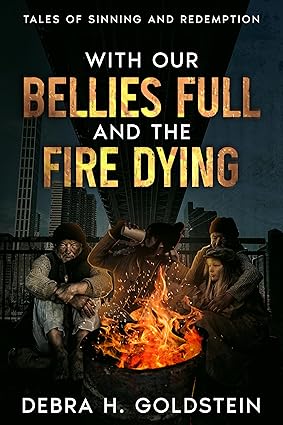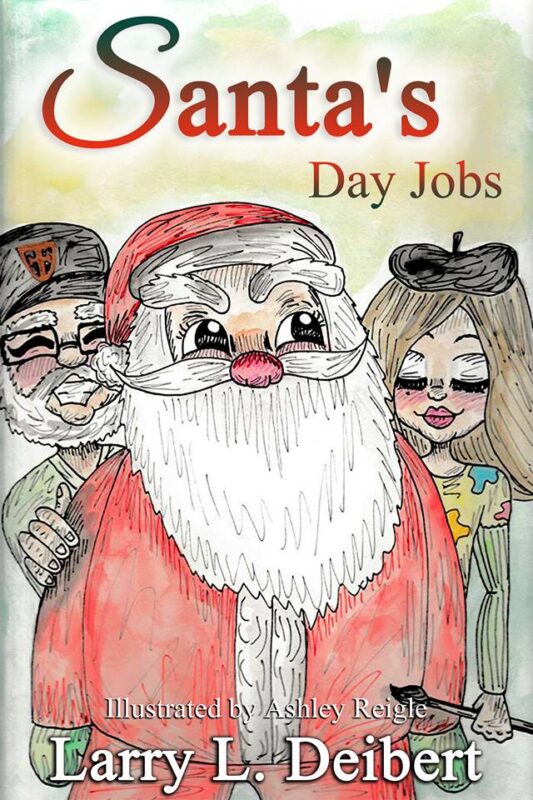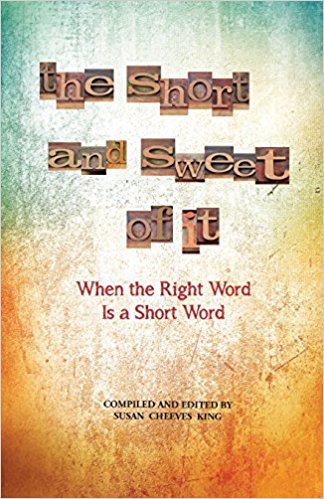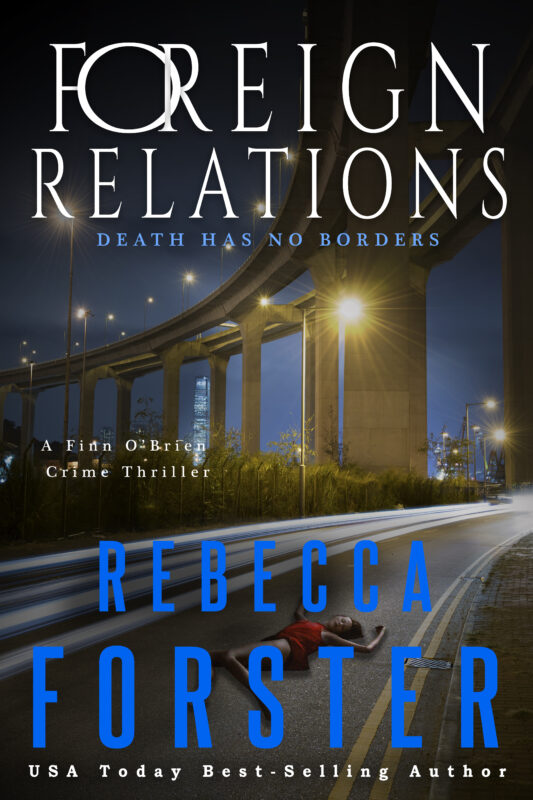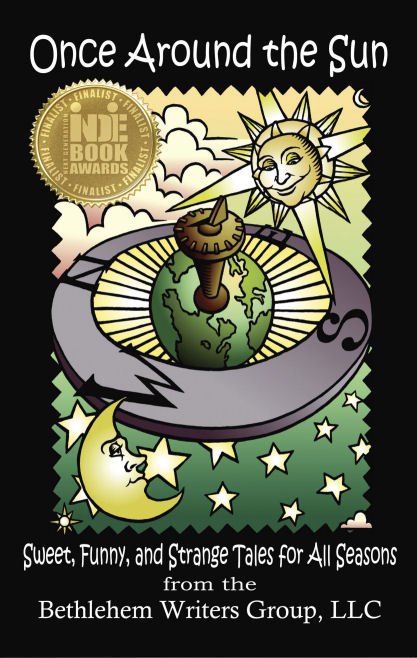Girlfriends, Chocolate and Mistletoe…
November 10, 2020 by Tari Jewett in category Charmed Writer by Tari Lynn Jewett tagged as #HeromsaForTheHolidays, Holiday Stories, new release, Tari Lynn Jewett
I’m in full holiday mode. My gift shopping is nearly done, I’ll do a little baking, but it will be limited this year, and I’m ready for Thanksgiving turkey and holiday decorating. Christmas songs are playing in my head.
In between wrapping gifts and writing, you’ll find me curled up reading holiday books. In my head Karen Carpenter is singing Sleigh Ride and I feel the same hope and wonder that I’ve felt every holiday season since I was a little girl.
And so of course, I’ve written a Christmas romcom, because after all…it’s Christmas.
#12DancingSantas is the last book in my #HermosafortheHolidays series, and as I finish it, I feel like I’m spending time with friends.
The whole series is set in my fictional version of Hermosa Beach, California, and is centered around a social media app called Framed. Framed is a social networking app similar to Instagram. Members have a profile and a ‘wall’ where their pictures and pictures that they are tagged in hang for their followers to see. Other members can comment on photos on your wall. Since the beginning of the year…or the beginning of the series, the heroines of these stories have gone viral on Framed for one reason or another.
This is Brenda’s story, and it’s a bit of a reverse Cinderella story. Brenda is a school teacher, who loves to cook. She and her friends are at the Hermosa Beach Christmas Tree Lighting Ceremony, they’ve just watched a performance by twelve firemen from the local beach city fire departments, dancing on roller blades to a medley of Christmas songs from classic to current. The performance has ended, and the girls are discussing how to spend the rest of the evening when one of the Santa’s skates over to the little group of friends, grabs Brenda, bends her back and gives her the most romantic and magical kiss that she’s ever experienced. But he skates off so quickly that she doesn’t get a chance to find out who he is.
As luck, would have it, a boot falls out of his duffle bag, and now Brenda is on a search for the man who fits the boot. With girlfriends, chocolate and mistletoe she just might find true love this holiday season…
#12DancingSantas is on preorder at Amazon for just 99 cents right now. I hope you’ll check it out!
In the meantime, I’m wishing all of you, good friends, chocolate (unless you’re allergic) and mistletoe this holiday season.
#HermosafortheHolidays Series
Write More, Write Now! by Kitty Bucholtz
November 10, 2020 by Kitty Bucholtz in category It's Worth It by Kitty Bucholtz, Writing tagged as Kitty Bucholtz
I’ve been doing more book coaching this year, and what a blast it’s been to see people accomplish their writing goals — and generally exceed them. I have a small group program called Finish Your Book Intensive Coaching Program, and in the first group one woman finished a book she’d been working on for 22 years! Another man set a goal to write a chapter a month on his new nonfiction book, but during the 8-week program he wrote five chapters.
I was trying to think of how I could help more people, especially people who mostly need encouragement more than coaching, and I came up with Finish Your Book Membership Program. In this group, we have at least two writing sprints a week — three during NaNo — where we get on a Zoom call, write for 30 minutes, then share our word counts. We also encourage each other in our private Facebook group.
In addition to the eight writing sprints, we have a guest speaker join us each month to talk about their own experiences in starting and finishing books, and tips and tricks they’ve used to keep themselves on track. These authors are always multi-published with a lot of helpful information. We also have a monthly Ask Me Anything call with me so I can answer questions and help people stay on track toward their goals.
If this sounds like a great way to get more writing done, join us! It’s $105 for 3 months, $210 for 7 months, or $300 for a full year. During the time you’re a member, you’ll have access to the recordings of our prior guests as well. You can email me at kitty@kittybucholtz.com or find more information on my website at https://www.writenowworkshop.com/writingcoach/.
Tracy Reed: November Featured Author
November 7, 2020 by A Slice of Orange in category Apples & Oranges by Marianne H. Donley, Featured Author of the Month tagged as Beautiful Men, fashion, Sophisticated Romance, the Big Apple, Tracy Reed
Author: Tracy Reed

A California native, novelist Tracy Reed pushes the boundaries of her Christian foundation with her sometimes racy and often fiery tales.
After years of living in the Big Apple, this self proclaimed New Yorker draws from the city’s imagination, intrigue, and inspiration to cultivate characters and plot lines who breathe life to the words on every page.
Tracy’s passion for beautiful fashion and beautiful men direct her vivid creative power towards not only novels, but short stories, poetry, and podcasts. With something for every attention span.
Tracy Reed’s ability to capture an audience is unmatched. Her body of work has been described as a host of stimulating adventures and invigorating expression.
Books by Tracy Reed
Crosswords by Linda O. Johnston
November 6, 2020 by Linda O. Johnston in category Pets, Romance & Lots of Suspense by Linda O. Johnston
November? Already? This year is nearly over. Where did it go?
Well, we still have over a month to go. Then what?
Who knows?
One thing, though, is that I think we all need to relax. There’s a lot of stress in our lives because of the pandemic, its health and economic results, politics lately, and more.
So how to handle it?
Well, when I first started trying to come up with a topic for my post this time, I wanted to use a theme of fun in writing but relaxation, if possible. So what did I come up with?
Crossword puzzles!
Oh, they’re not for everyone. But they’re definitely for me. I like to do at least two daily, the first online, and the next after dinner while watching TV–print versions, often in various newspapers.
I feel like they keep my mind active in similar but different ways from my writing. Love to keep up with, and increase, my vocabulary! And of course anything I learn in a crossword might be usable in a story somehow. Plus, yes, I find them relaxing.
I also enjoy doing other kinds of word puzzles, particularly acrostics. They’re crosswords in a way, using definitions, but you then plug parts into a grid and come up with a saying or message. Fun!
So, okay. I don’t really have anything else to say about crosswords right now, but I’d be delighted to hear your opinion. And me? Time for me to do my next online crossword!
~Linda
Some of Linda’s books
LET’S NANO
November 5, 2020 by Tracy Reed in category Pink Pad by Tracy Reed tagged as Making time to write, NaNoWriMo, Prepping for Nano, Writing Goals
I did it. I officially jumped into the NANO pool.
I don’t know what it is about this year and the desire and excitement to participate in NANO. Maybe it’s the unusualness of 2020 or maybe it was just this was the year I was supposed to do it. I have attempted to participate in NANO in the past, but never followed through. Technically, I can say I did NANO in 2016 when I wrote and published a book a month, but I won’t because that was a different writing schedule. By that I mean, some of those books had been written over a period of months. The ones written in a month were less than fifty thousand words.
I am a proud pantser, but I am also a planner. I spend about an hour on Sunday or Monday planning my weekly schedule. NANO is the perfect opportunity for me to combine the two. I also research things I’m not familiar with or need direction on how to do.
Knowing I was going to do NANO I went to YouTube and a few AuthorTubers. The amount of information out there was overwhelming. I heard everything from stockpile your favorite snacks, stay hydrated, don’t forget the wine and coffee, meal prep, hire a housekeeper if a messy space is a pet peeve, post “do not disturb” or other threatening signs on your office door for annoying family, join a NANO community, exercise, have your favorite music and get plenty of rest. Oh yeah, and make a writing plan.
I thought my head was going to explode. I took a step back and reminded myself of one simple fact. I wrote a novelette in three days with about six hours of sleep, coffee and a couple of meals a day. I’m pretty sure I can handle fifty thousand words in a month.
How did I prep for NANO? I created a plan that was right for me.
Commit to NANO
Don’t just say you want to do it, but tell someone. When you give life to the task becomes a reality.
Join a group for accountability
This is one of the areas where I messed up in my previous NANO attempts. Having an accountability group encourages me to stick to my plan and make attainable goals. Thanks Charmed Writers.
Get snacks
I liked the suggestion to have snacks at the ready. However, prior to NANO, I was diagnosed as being wheat, soy, almond, cow’s milk and egg white sensitive. Some of my favorite snacks include those things. However, I found a couple of things that work, plus I have plenty of water, coffee and red wine.
Keep a journal
I decided to keep a journal of my daily progress. I also use it to keep notes about my book.
Set a daily word count
The other prep tip I liked was setting a realistic daily word count. I knew I wasn’t likely to write on Sundays, Thanksgiving and I needed a little flexibility for BFCM [Black Friday Cyber Monday] sales for my lingerie business. Exceeding my daily writing goal will allow me to skip a couple of days if I want to.
Figure out what to write
When I was toying with the idea of NANO, I had an idea of what I wanted to write…the follow up to my 2019 NANO book.
As I said, I’m a pantser so when it comes to writing, I plop my butt in the chair and let the characters tell their story. Last year I selected a book I wanted to write, but for some reason I never connected with the story. It was like the characters had gone silent. I switched books and the story practically wrote itself. I didn’t complete the book, but I did write fifty thousand words during NANO.
I completed my 2019 NANO book in February of this year and as of this post, it’s with my beta reader and headed to my editor this weekend.
I wanted to release the book earlier, but with the strangeness of 2020, I decided to push it back to February 2021. When I completed the book, I had no intention of continuing the series. But the characters said something different. I deleted the last chapter and made part of it the first chapter of book four, the book I’m writing during NANO. My plan is to release the books back to back next year.
I just completed NANO day four and I feel good about my progress. As of this post, I’m at 9002 words. My daily goal is 2084 words, but I’ve been exceeding it.
Here is the best advice I have for anyone wanting to do NANO…just write. Whether the words make it to the final draft, it doesn’t matter. The goal is write a book with at least fifty thousand words. It doesn’t have to be good, it just needs to be completed.
Happy NANO and Thanksgiving.
Affiliate Links
A Slice of Orange is an affiliate with some of the booksellers listed on this website, including Barnes & Nobel, Books A Million, iBooks, Kobo, and Smashwords. This means A Slice of Orange may earn a small advertising fee from sales made through the links used on this website. There are reminders of these affiliate links on the pages for individual books.
Search A Slice of Orange
Find a Column
Archives
Featured Books
WITH OUR BELLIES FULL AND THE FIRE DYING: TALES OF SINNING AND REDEMPTION
Family and friends, their sins and their sometimes redemption.
More info →
THE SHORT & SWEET OF IT: When the Right Word Is a Short Word
How do we say more with less? Can short, simple words make what we write so clear that the reader gets it? Or will it remind them of reading a child’s board book?
More info →FOREIGN RELATIONS
A foreign woman is dead, two countries want her forgotten. Detective Finn O'Brien wants justice.
More info →ONCE AROUND THE SUN: Sweet, Funny, and Stranges Tales for All Seasons
Stories about winter, spring, summer and fall, and seasons of life, seasons of love, and even seasons of discovery.
More info →Newsletter
Contributing Authors
Search A Slice of Orange
Find a Column
Archives
Authors in the Bookstore
- A. E. Decker
- A. J. Scudiere
- A.J. Sidransky
- Abby Collette
- Alanna Lucus
- Albert Marrin
- Alice Duncan
- Alina K. Field
- Alison Green Myers
- Andi Lawrencovna
- Andrew C Raiford
- Angela Pryce
- Aviva Vaughn
- Barbara Ankrum
- Bethlehem Writers Group, LLC
- Carol L. Wright
- Celeste Barclay
- Christina Alexandra
- Christopher D. Ochs
- Claire Davon
- Claire Naden
- Courtnee Turner Hoyle
- Courtney Annicchiarico
- D. Lieber
- Daniel V. Meier Jr.
- Debra Dixon
- Debra H. Goldstein
- Debra Holland
- Dee Ann Palmer
- Denise M. Colby
- Diane Benefiel
- Diane Sismour
- Dianna Sinovic
- DT Krippene
- E.B. Dawson
- Emilie Dallaire
- Emily Brightwell
- Emily PW Murphy
- Fae Rowen
- Faith L. Justice
- Frances Amati
- Geralyn Corcillo
- Glynnis Campbell
- Greg Jolley
- H. O. Charles
- Jaclyn Roché
- Jacqueline Diamond
- Janet Lynn and Will Zeilinger
- Jaya Mehta
- Jeff Baird
- Jenna Barwin
- Jenne Kern
- Jennifer D. Bokal
- Jennifer Lyon
- Jerome W. McFadden
- Jill Piscitello
- Jina Bacarr
- Jo A. Hiestand
- Jodi Bogert
- Jolina Petersheim
- Jonathan Maberry
- Joy Allyson
- Judy Duarte
- Justin Murphy
- Justine Davis
- Kat Martin
- Kidd Wadsworth
- Kitty Bucholtz
- Kristy Tate
- Larry Deibert
- Larry Hamilton
- Laura Drake
- Laurie Stevens
- Leslie Knowles
- Li-Ying Lundquist
- Linda Carroll-Bradd
- Linda Lappin
- Linda McLaughlin
- Linda O. Johnston
- Lisa Preston
- Lolo Paige
- Loran Holt
- Lynette M. Burrows
- Lyssa Kay Adams
- Madeline Ash
- Margarita Engle
- Marguerite Quantaine
- Marianne H. Donley
- Mary Castillo
- Maureen Klovers
- Megan Haskell
- Melanie Waterbury
- Melisa Rivero
- Melissa Chambers
- Melodie Winawer
- Meriam Wilhelm
- Mikel J. Wilson
- Mindy Neff
- Monica McCabe
- Nancy Brashear
- Neetu Malik
- Nikki Prince
- Once Upon Anthologies
- Paula Gail Benson
- Penny Reid
- Peter Barbour
- Priscilla Oliveras
- R. H. Kohno
- Rachel Hailey
- Ralph Hieb
- Ramcy Diek
- Ransom Stephens
- Rebecca Forster
- Renae Wrich
- Roxy Matthews
- Ryder Hunte Clancy
- Sally Paradysz
- Sheila Colón-Bagley
- Simone de Muñoz
- Sophie Barnes
- Susan Kaye Quinn
- Susan Lynn Meyer
- Susan Squires
- T. D. Fox
- Tara C. Allred
- Tara Lain
- Tari Lynn Jewett
- Terri Osburn
- Tracy Reed
- Vera Jane Cook
- Vicki Crum
- Writing Something Romantic
Affiliate Links
A Slice of Orange is an affiliate with some of the booksellers listed on this website, including Barnes & Nobel, Books A Million, iBooks, Kobo, and Smashwords. This means A Slice of Orange may earn a small advertising fee from sales made through the links used on this website. There are reminders of these affiliate links on the pages for individual books.




























































